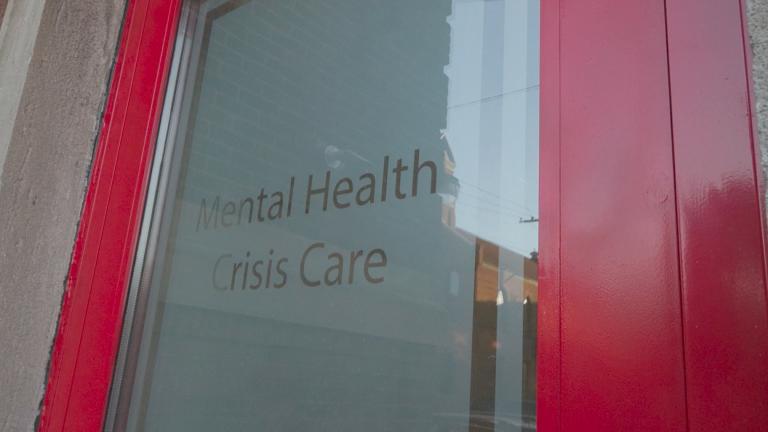The big city might not be such a cold, dark place after all.
A new study suggests large, urban environments promote lower rates of depression among city residents, in comparison to suburbs and towns, due to the increased daily social interaction cities and the built environment facilitate.
University of Chicago researchers analyzed National Institute of Health psychological surveys and sentiments expressed by people on geo-located Twitter as part of the study, which was published in the Proceedings of the National Academy of Sciences Aug. 3.
Co-author Luis Bettencourt, a professor of ecology and evolution at University of Chicago, said their findings may fly in the face of urban stereotypes.
“It was surprising to a lot of people who have grown up on the idea that cities, because they’re tense places, are often thought to be bad for mental health,” Bettencourt said. “But there seems to be a role of city size in being protective against depression.”
Bettencourt said social interaction or lack thereof, is one key factor of depression. He said the everyday interactions found in a city environment – buying coffee, greeting a bus driver, even less pleasant interactions with passersby – appear to ward off depression.
The crowded and interconnected city environment of buildings, streets and other infrastructure stimulate those interactions, whereas a more isolated life in suburbs or small towns might not.
“By being deprived of these modes of being in public spaces in the city, experiencing contact with many diverse people,” Bettencourt said. “That effect being reduced would lead to higher levels of depression.”








